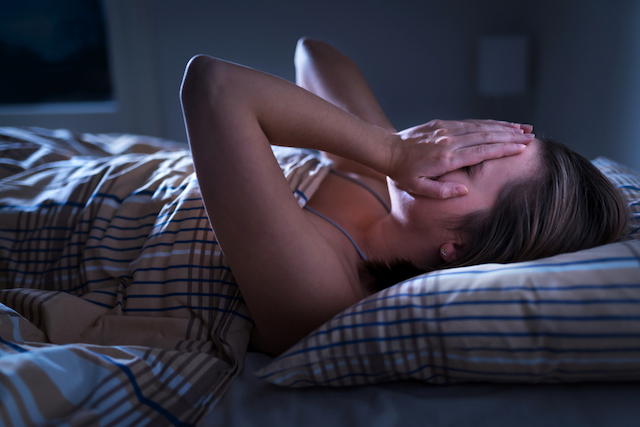As Mental Health Awareness Week reminds us to check in with our emotional wellbeing, it’s crucial we shine a light on one of the most devastating yet preventable outcomes of mental health struggles: suicide.
While the word itself can feel difficult to say aloud, we must talk about it. Suicide claims thousands of lives every year – and each one is a person who once had hope, dreams, and the potential to heal.

The Silent Struggle
According to Office for National Statistics, in 2016, nearly 5,000 lives were lost to suicide in England and Wales. But that number only tells part of the story. That same year, Samaritans received over 770,000 contacts from people struggling with suicidal thoughts – people who were reaching out from the edge, hoping someone would listen.
Kristian’s story is one of those close calls. Orphaned by 12 and bullied at work as a young adult, Kristian found himself overwhelmed by loneliness and despair. One day, he walked into the sea intending not to return. But at the last moment, something inside him chose life. Soaked and sobbing in his car, he rang Samaritans – a conversation that likely saved his life.
Who Is Most at Risk?
Suicide is not about weakness; it’s often about feeling trapped with no visible way out. Research shows that certain groups are more vulnerable:
-
Men, particularly middle-aged, are over three times more likely to die by suicide than women.
-
Divorced individuals, especially men, face a markedly higher risk.
-
People in deprived areas are more than twice as likely to take their own lives compared to those in wealthier communities.
-
Certain occupations, like caring roles, teaching, arts, and low-skilled manual labour, carry higher risk.
The reasons are deeply layered – from economic hardship and isolation to social stigma, job loss, grief, and unrealistic expectations of masculinity.
Why We Need to Talk – and Listen
There’s good news: suicide rates are slowly declining, thanks in part to national prevention strategies and the tireless work of charities, mental health services, and local communities. But numbers mean little to those currently battling invisible demons.
What we need now is compassion, understanding, and accessible support. We also need to rethink how we approach mental wellbeing – beyond crisis management, towards prevention and healing.
A Complementary Approach: Can Hypnotherapy Help?
While traditional therapies such as CBT, counselling, and medication are widely recognised, many people find additional benefit from complementary approaches – including hypnotherapy.
Hypnotherapy works by helping individuals access a relaxed, focused state where they can explore deep-rooted patterns, release emotional pain, and rebuild confidence and self-worth. For those experiencing anxiety, grief, depression, or low self-esteem – often precursors to suicidal ideation – hypnotherapy can offer a safe and supportive pathway to healing.
It’s not a replacement for professional mental health care, but for some, it’s an empowering supplement. It can help individuals challenge unhelpful beliefs, quiet the inner critic, and reconnect with a sense of hope and purpose.
Special offer given to readers, with a simple promo on Marygrace Anderson’s hypnotherapy website – Get 10% off a first session valid until 30st June 2025 using code “London Mums”.
Every Life Matters
If you’re struggling, or if someone you know is, know that help is available and recovery is possible. You are not alone.
Contact Samaritans anytime, 24/7, on 116 123 (UK and ROI). You can also email jo@samaritans.org.
And if you’re curious about exploring hypnotherapy as part of your wellness journey, seek a qualified, accredited hypnotherapist who understands emotional health and trauma.
This Mental Health Awareness Week, let’s reach out, listen deeply, and remind each other: your life matters. Healing is possible – and help is closer than you think.



